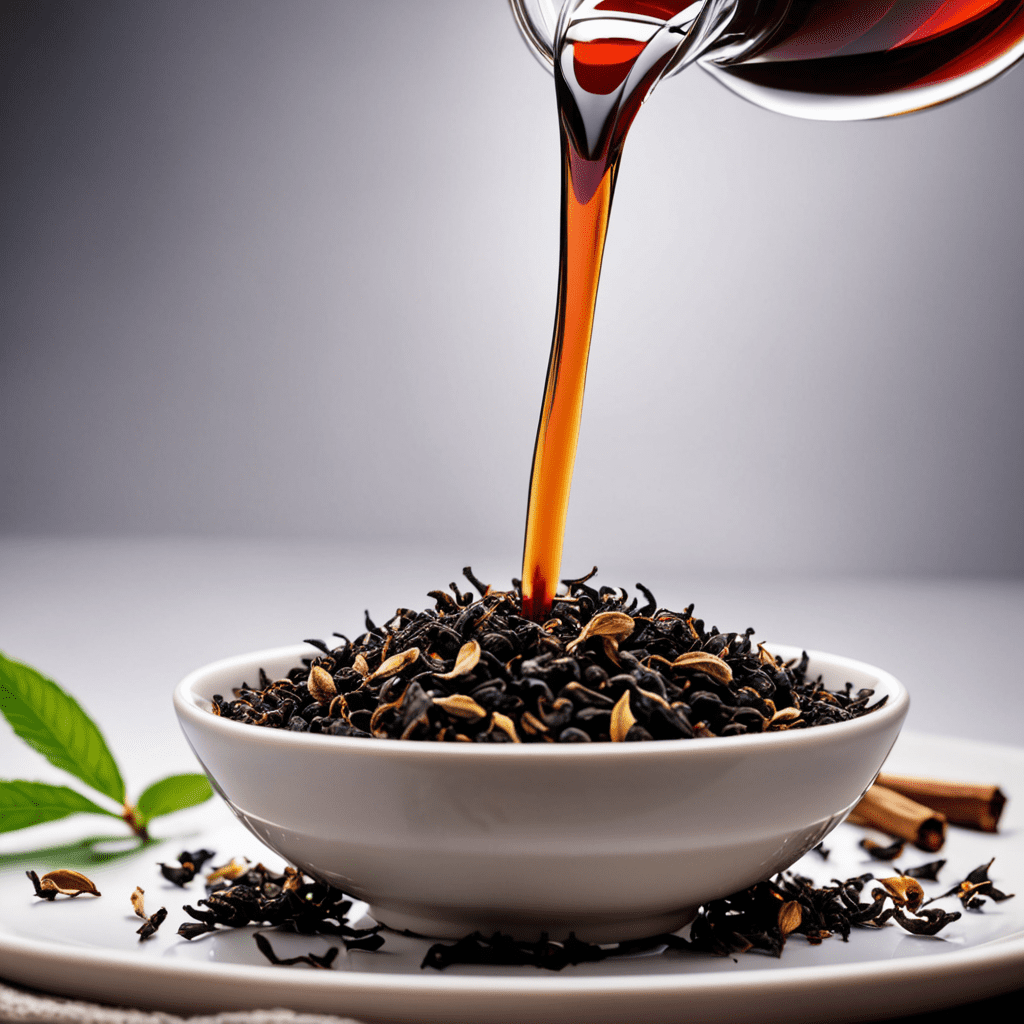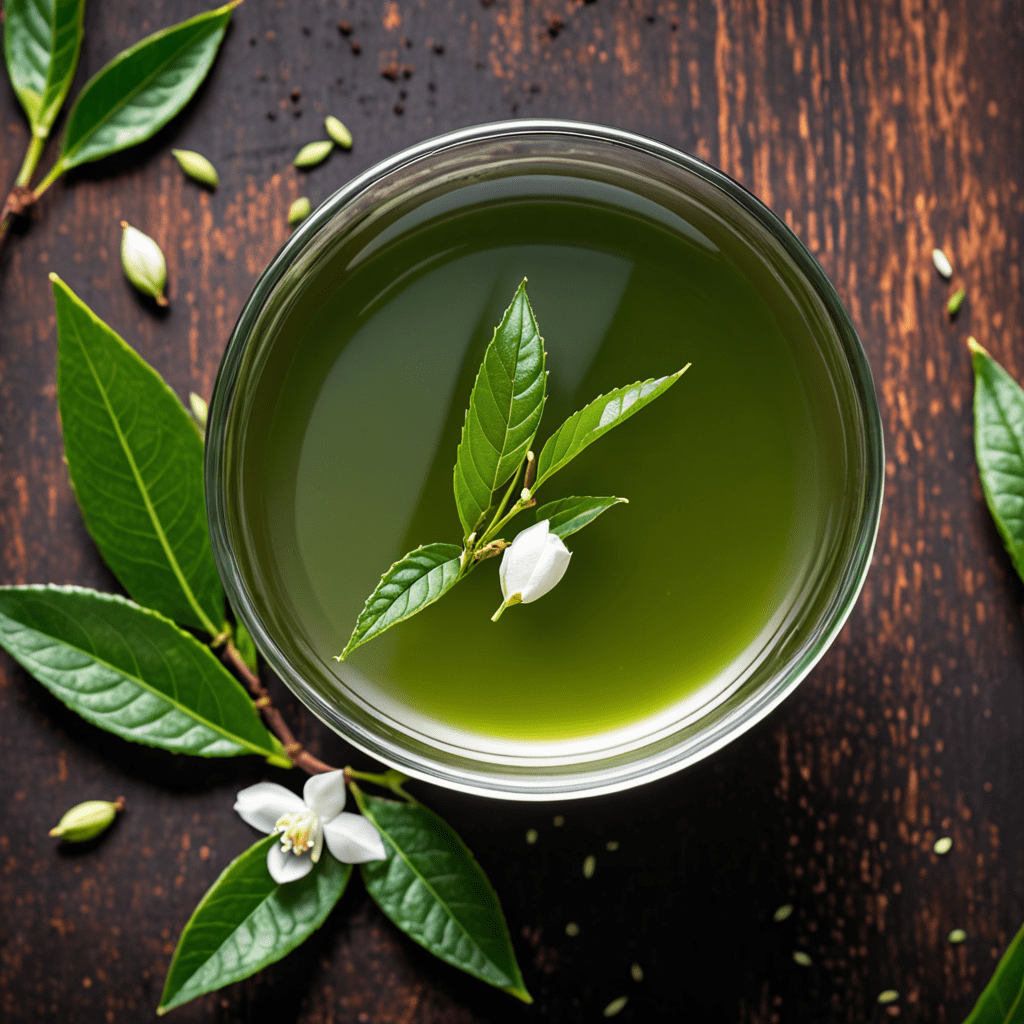
Understanding the Unpleasant Reaction to Black Tea: Uncovering the Nausea Trigger
Introduction
Black tea, a beloved beverage enjoyed by many, can sometimes cause nausea in certain individuals. If you’re one of those who experience this unpleasant reaction, you may be wondering what causes it. In this article, we will delve into the reasons why black tea can make you feel nauseous and explore some potential solutions.
The Composition of Black Tea
Black tea, derived from the leaves of the Camellia sinensis plant, contains various chemical compounds that contribute to its taste, aroma, and potential health benefits. Understanding the composition of black tea is crucial in identifying the factors that may lead to nausea.
Caffeine Content and Stomach Sensitivity
One possible cause of nausea after consuming black tea is the caffeine content. While moderate caffeine consumption is generally well-tolerated, some individuals may have increased sensitivity to this stimulant. Caffeine stimulates the central nervous system and can affect the stomach, leading to feelings of nausea in susceptible individuals.
Tannins and Digestive Discomfort
Tannins are a group of compounds found in black tea that contribute to its rich flavor and astringency. However, excessive consumption of tannins can irritate the digestive system, leading to symptoms such as nausea, stomach pain, and even vomiting. It’s crucial to pay attention to the brewing time and tea strength to avoid an excessive amount of tannins being released into the brewed tea.
Tea Quality and Contaminants
The quality of tea leaves and potential contaminants can also play a role in causing nausea. Low-quality tea or those that have been improperly stored may contain impurities or substances that can cause digestive discomfort. It’s important to source your black tea from reputable vendors and ensure proper storage to minimize the risk of consuming contaminated tea.
Preventing Nausea from Black Tea Consumption
If you still want to enjoy black tea but wish to avoid the unpleasant side effect of nausea, there are several measures you can take:
- Limit caffeine intake by opting for decaffeinated black tea varieties.
- Modify brewing time and tea strength to reduce tannin levels in your cup.
- Experiment with different brands and types of black tea to find the one that suits you best.
- Consider having a snack or a light meal before consuming black tea to reduce the impact on an empty stomach.
- Consult with a healthcare professional if you have underlying medical conditions or concerns.
Frequently Asked Questions (FAQ)
Q: Can black tea always cause nausea?
A: No, not everyone experiences nausea from black tea consumption. It depends on individual sensitivity and factors such as caffeine tolerance, tannin levels, and tea quality.
Q: Can adding milk or sweeteners alleviate the nausea?
A: While adding milk or sweeteners may improve the taste of tea, they are unlikely to directly alleviate nausea caused by black tea. It’s best to modify brewing methods or opt for alternative beverages if nausea persists.
Q: Is it safe to continue drinking black tea if it makes me nauseous?
A: Unless you have underlying health conditions or experience severe and persistent symptoms, occasional nausea from black tea consumption is generally not a cause for concern. However, if the problem persists or worsens, it’s advisable to consult with a healthcare professional.

